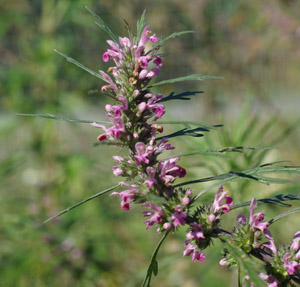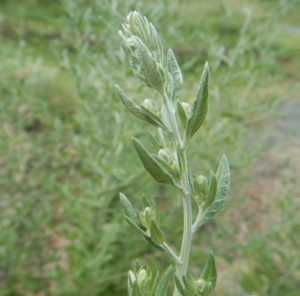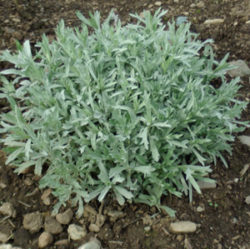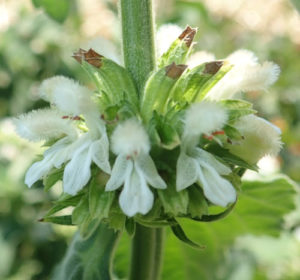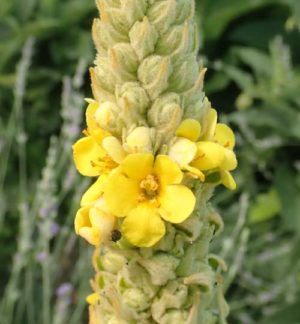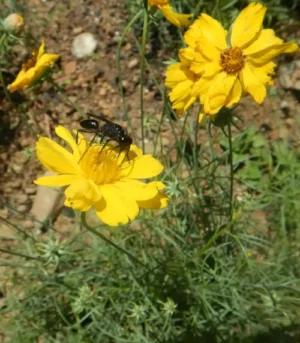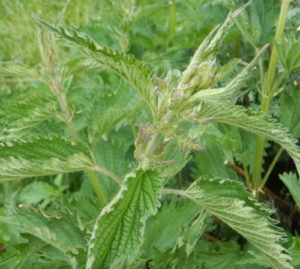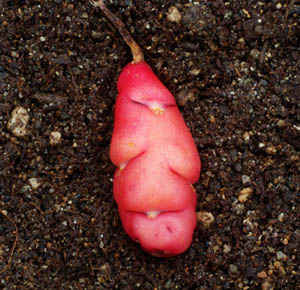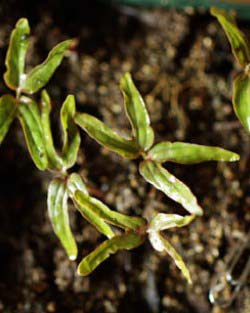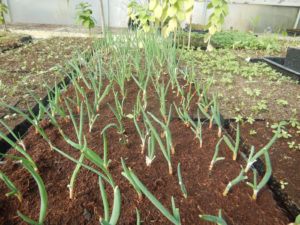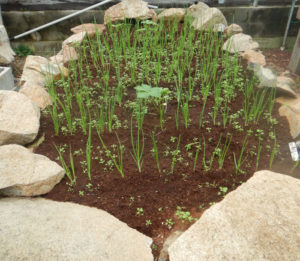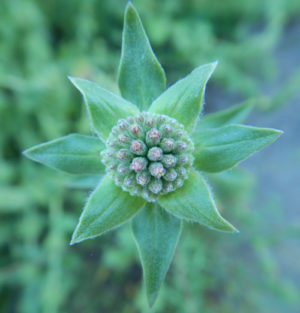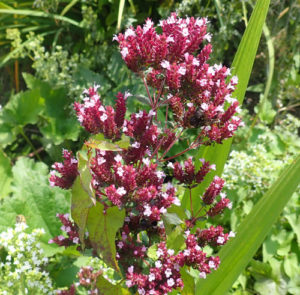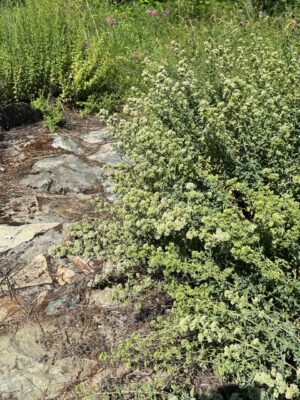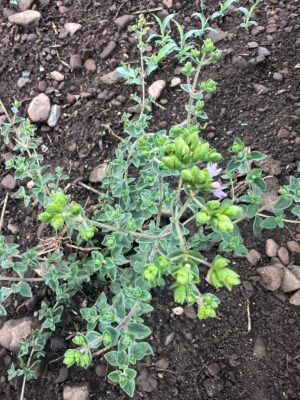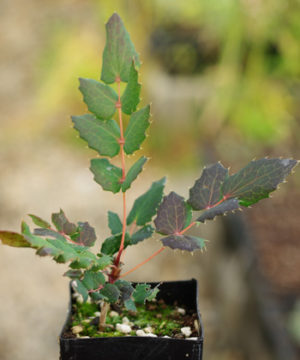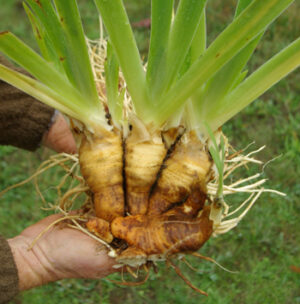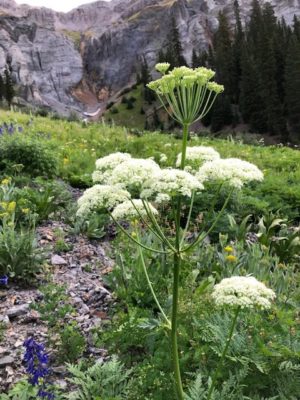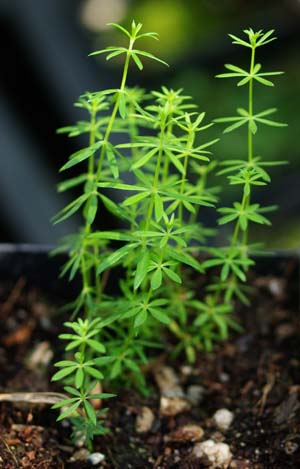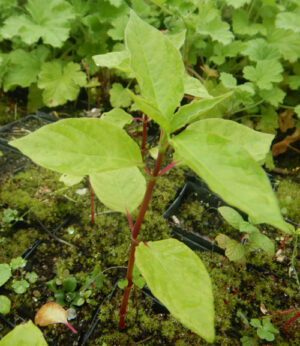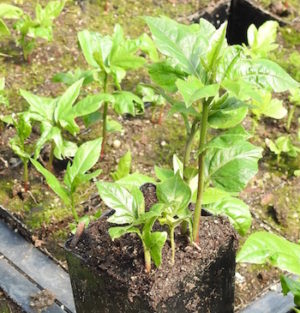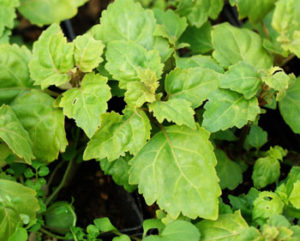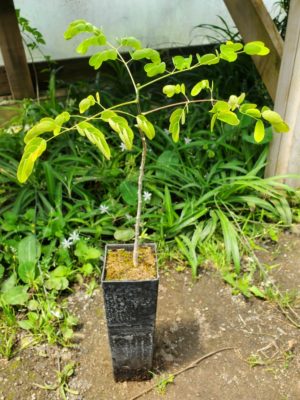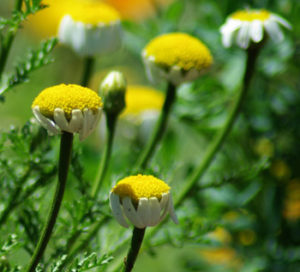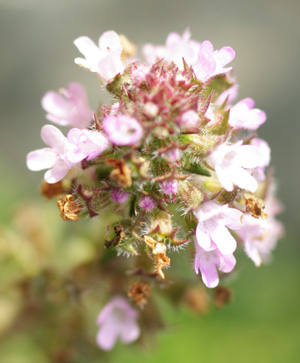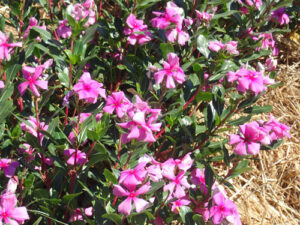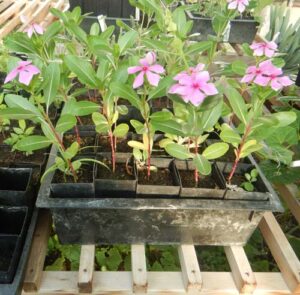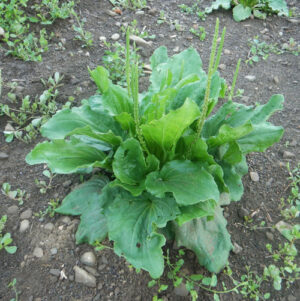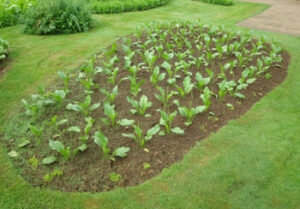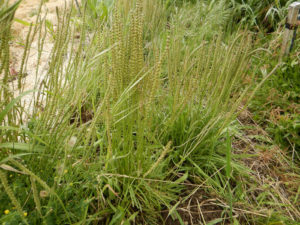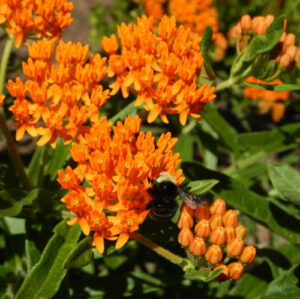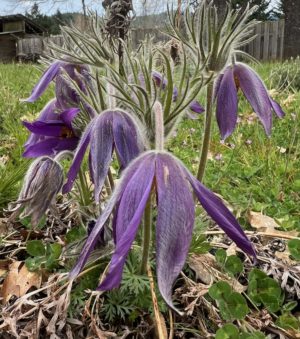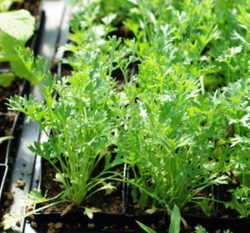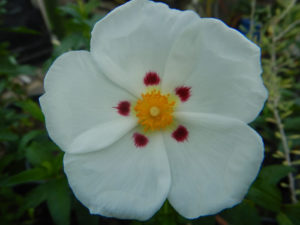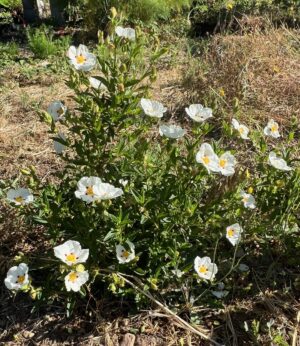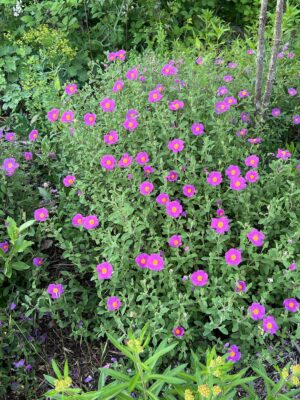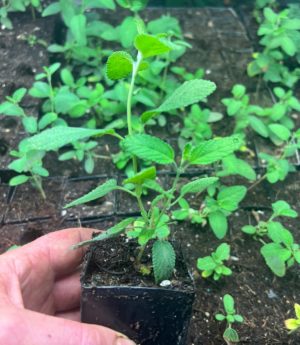Walking through the open forest on the island of Pemba, one keeps an eye out for adders and unusual plants. It is true; I’ve been bitten by the plant bug and cannot escape the disease. I see a plant new to me, and I must know its utility, and growth cycle, the fragrance of its leaves, the color of its flowers. And so it was this day in Pemba, with the banana trees swaying all around, a large mango tree towering overhead loaded with regrettably green fruits and in the distance the silver glint of waves on the Indian Ocean, when I found myself standing in the midst of a carpet of curious plants, and again I was bitten. They turned out to be life plants (Bryophyllum pinnatum). Locals use the plant as an edible stomachic and as a poulticing herb, as it is cooling and healing to abrasions and burns. The plant is also considered to be a magical totem for increasing fertility. They call it “mpovupovu ziwa” which means, “bears its young on the edge” in reference to the plant’s habit of creating plantlets all around the main leaf. I put a leaf in my back pocket and it came back home with me, and eventually did bear young. Like many of my global accessions, that occurred before governments decided so stridently to limit trade and transport in plants and seeds. This simple accession of a life plant leaf blossomed into an interest in all the different forms of life plant. I grow and sell as many of them as I can. They are cool, and they are an easy, easy grow.
When first I started collecting plants, true licorice (Glycyrrhiza glabra) could easily be found in a tea bag but never in a seed packet. I set out to change the odds, and discovered in the far-flung results, great diversity among these various accessions of “true licorice.” Some made sweet roots, others bitter. I found the best seed source for producing the sweet-rooted plants, and this is what we use to grow the plants we sell. Now we can have licorice tea without the bag!
Gardeners tend to be passionate about passionflower, yet may be disappointed when trying to grow the plant from seeds, which does not always bear fruit. We have short-circuited this issue by growing as many of them as possible and offering passionflower as a potted plant. If seeds overwhelm, then plants provide the balm. The herb is a much-appreciated relaxing nervine; the flowers are nectarific and appear to have arrived from space. We try to never run out of passionflower plants, they are important to have around.
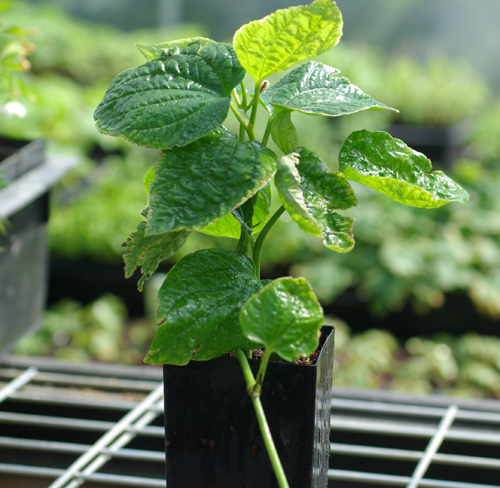
Showing 49–88 of 88 results
-
Mugwort, Common (Artemisia vulgaris) potted plant, organic [NY NO]
Price range: $8.50 through $57.00 Select options This product has multiple variants. The options may be chosen on the product page -
Mugwort, Western (Artemisia ludoviciana) potted plant, organic
Price range: $8.50 through $57.00 Select options This product has multiple variants. The options may be chosen on the product page -
Nettles, Stinging (Urtica dioica) potted plant, organic
Price range: $8.50 through $61.00 Select options This product has multiple variants. The options may be chosen on the product page -
Mountain Beebalm (Monardella odoratissima), potted plant, organic
$8.50 Select options This product has multiple variants. The options may be chosen on the product page -
Oregano, Common (Origanum vulgare) potted plant, organic
Price range: $8.50 through $57.00 Select options This product has multiple variants. The options may be chosen on the product page -
Oregano, Greek (Origanum heracleoticum) potted plant, organic
Price range: $8.50 through $57.00 Select options This product has multiple variants. The options may be chosen on the product page -
Passionflower, Official (Passiflora incarnata) plant in a 4-inch deep pot, organic
Price range: $8.50 through $21.50 Select options This product has multiple variants. The options may be chosen on the product page -
Patchouli, True (Pogostemon cablin) potted plant, organic
Price range: $11.00 through $30.50 Select options This product has multiple variants. The options may be chosen on the product page -
Pellitory (Mount Atlas Daisy) (Anacyclus pyrethrum), potted plant, organic
Price range: $8.50 through $21.95 Select options This product has multiple variants. The options may be chosen on the product page -
Pennyroyal (Mentha pulegium) potted plant, organic
$8.50 Select options This product has multiple variants. The options may be chosen on the product page -
Plantain, Herba Stella (Plantago coronopus) potted plant, organic
Price range: $8.50 through $21.95 Select options This product has multiple variants. The options may be chosen on the product page -
Pleurisy Root (Butterfly Milk Weed) (Asclepias tuberosa), Potted Plant, Organic
Price range: $8.50 through $20.95 Select options This product has multiple variants. The options may be chosen on the product page -
Pulsatilla (Anemone pulsatilla) potted plant, organic
$11.00 Select options This product has multiple variants. The options may be chosen on the product page -
Rock Rose, Tauric (Cistus incanus tauricus), Potted plant, Organic
Price range: $9.50 through $24.95 Select options This product has multiple variants. The options may be chosen on the product page -
Oregano, Mexican (Lippia graveolens) potted plant, organic
$8.50 Select options This product has multiple variants. The options may be chosen on the product page

